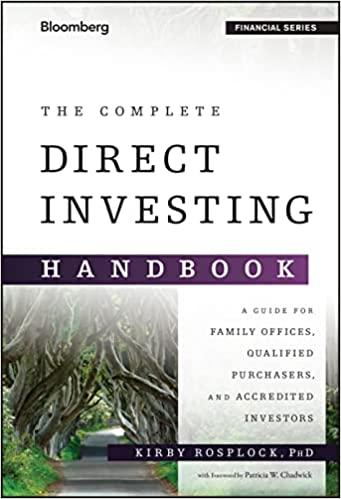Question
After consistently failing to win the lottery for several years, you notice the following article in the Wall Street Journal . Here's your chance to
After consistently failing to win the lottery for several years, you notice the following article in the Wall Street Journal. Here's your chance to buy a lottery ticket that is a guaranteed winner. But since it will apparently cost a bit over the original $1 ticket price, the winning ticket is considerably out of your price range. The investment company you work for is, however, interested in such opportunities. You decide to research a bit further and gather the interest rate data (on the next page) for the day before the ticket is auctioned. In your "first cut" at the analysis, you decide to ignore taxes. The winner will receive the first of the 16 payments almost immediately, with the rest stretched out over 15 years.
If you can purchase the ticket for $2.0 million, what annual rate of return will you get on your investment? What about if you win the bid at $1.5 million?
Given the current (July 1, 1992) prices and yields in the capital markets, what do you think is the approximate "fair market value" of the ticket?
If you factored taxes into this situation, how would it change your valuation of the ticket?
Step by Step Solution
There are 3 Steps involved in it
Step: 1

Get Instant Access to Expert-Tailored Solutions
See step-by-step solutions with expert insights and AI powered tools for academic success
Step: 2

Step: 3

Ace Your Homework with AI
Get the answers you need in no time with our AI-driven, step-by-step assistance
Get Started


